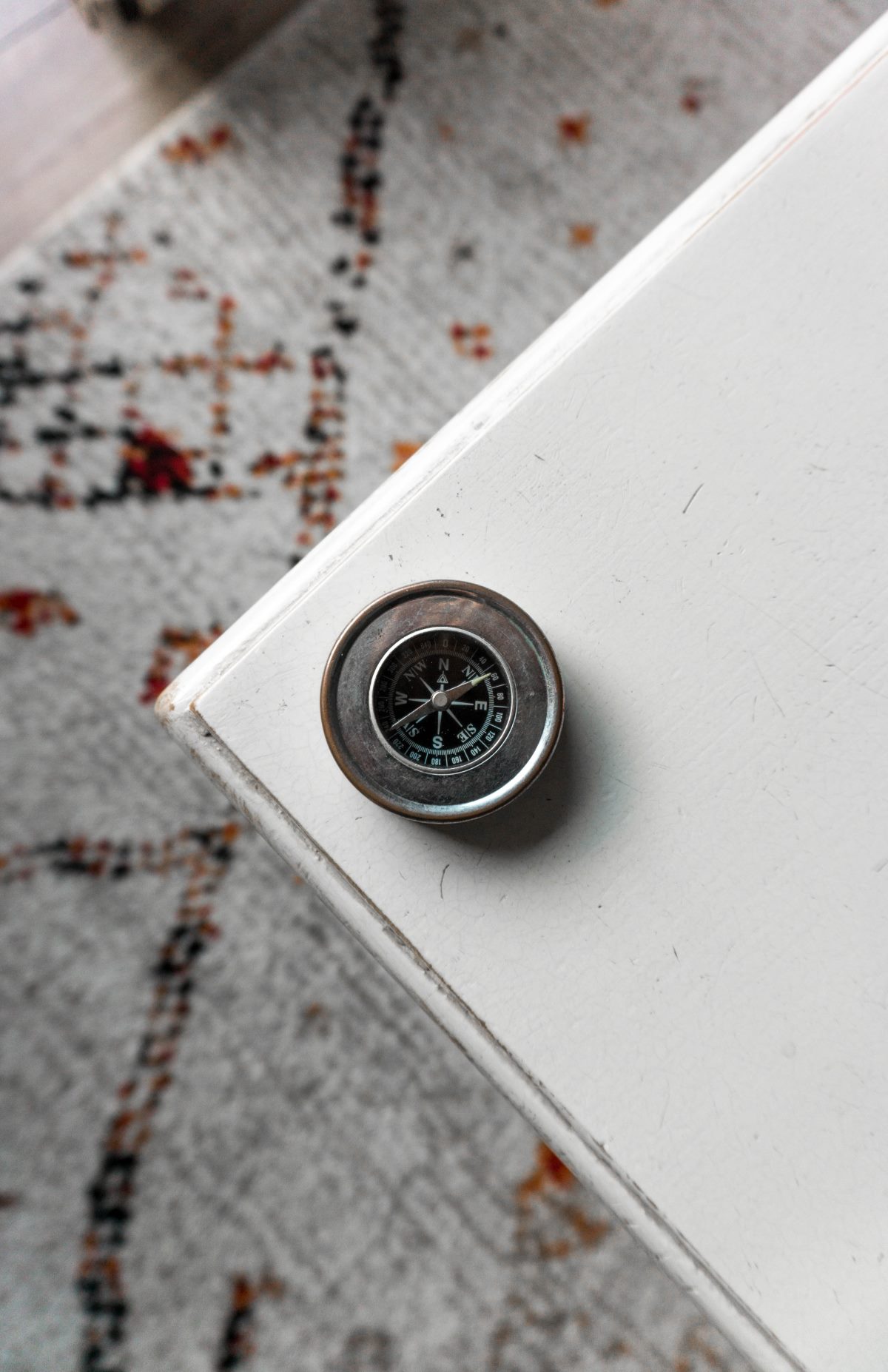Aswan to Luxor 3 Days Guided Overland Tours With Connect Train and Transfers: A Comprehensive Guide
Are you looking for an all-inclusive tour of Aswan Abu Simbel and Luxor? Look no further than the Aswan to Luxor 3 Days Guided Overland Tours with connect train and transfers. This tour offers pre-arranged transportation by air-conditioned private car, comfortable motorboat, and first-class train, while letting you organize your own accommodation and meals. In this comprehensive guide, we’ll cover everything you need to know about this tour, including its itinerary, highlights, and inclusions.Overview
The Aswan to Luxor 3 Days Guided Overland Tours lets you experience the perfect mix of independent and all-inclusive travel. Covering the highlights of southern Egypt, the tour takes you from millennia-old temples to the Aswan Dam, a feat of modern engineering. You’ll enjoy hassle-free transportation in between cities with door-to-door transfers via air-conditioned private car and motorboat. An Egyptologist guide accompanies you on this first-class train tour, offering in-depth explanations on the history of each site you visit.Itinerary
Day 1: Aswan and Abu Simbel
Your tour kicks off with a pickup from your hotel or cruise ship in Aswan. You’ll travel in an air-conditioned private car to the Abu Simbel temple complex located on the western bank of Lake Nasser. The complex consists of two massive rock temples, built in the 13th century BC during the reign of the Pharaoh Ramses II. These temples are among the most impressive works of ancient Egyptian architecture, with massive statues, intricate hieroglyphics, and stunning reliefs, all carved out of solid rock. After exploring Abu Simbel, you’ll return to Aswan and board a comfortable motorboat for a relaxing sail on the Nile River. You’ll marvel at the stunning views of Aswan’s islands, such as Elephantine Island and Kitchener Island, and the Nubian villages that line the riverbanks. After the boat ride, you’ll be dropped off at your Aswan hotel, where you can spend the rest of the day at your leisure.Day 2: Luxor East Bank and West Bank
On the second day of the tour, you’ll have an early morning pickup from your Aswan hotel and head to the train station. You’ll travel aboard a first-class train to Luxor, where you’ll be picked up and taken to visit the impressive Karnak Temple complex. This temple was built over a period of 1,300 years, starting in the 16th century BC, and is dedicated to the Theban triad of deities: Amun, Mut, and Khonsu. The complex features colossal statues, sphinx-lined avenues, towering obelisks, and sprawling courtyards, all spanning an area of 100 hectares. Afterward, you’ll visit Luxor Temple, a well-preserved temple dating back to the 14th century BC. This temple was dedicated to the god Amun and was linked to Karnak by an avenue of sphinxes. It has been in continuous use as a place of worship for over 3,000 years. In the afternoon, you’ll cross the river Nile to the West Bank, where you’ll visit the Valley of the Kings, a royal burial ground for pharaohs of the New Kingdom period. Here, you’ll see the tombs of some of Egypt’s most powerful rulers, including Ramses II, Tutankhamun, and Seti I. Your last stop of the day will be the Temple of Hatshepsut, a stunning mortuary temple dedicated to the only female pharaoh to rule over Egypt. Built into a cliff face, the temple features terraces, colonnades, and distinctive columns topped with vividly coloured reliefs.Day 3: Luxor to Aswan
On the final day of the tour, you’ll have some free time to explore Luxor on your own, before being picked up from your hotel and transferred to the Luxor train station. You’ll travel back to Aswan via first-class train, enjoying scenic views of the Nile River and the Egyptian countryside along the way. Upon arrival in Aswan, you’ll be transferred back to your hotel or the airport.Inclusions
The Aswan to Luxor 3 Days Guided Overland Tours package includes: – Pickup and drop off from the hotel, Nile cruise, airport, and train station in Luxor/Aswan – Guided tours of Aswan, Abu Simbel, and Luxor’s East Bank and West Bank – Luxor to Aswan 1st Class train ticket with all pickups and transfers – Entrance fees to all sightseeingBook now to secure your spot
If you’re ready to experience the best of southern Egypt with an all-inclusive package, book the Aswan to Luxor 3 Days Guided Overland Tours with connect train and transfers today! You can book the tour here book here. Don’t miss out on the chance to see some of the world’s most fascinating ancient sites with the comfort and convenience of pre-arranged transportation and a knowledgeable guide.
Frequently Asked Questions about Luxor
If you’re planning a trip to Egypt, Luxor is definitely a destination you don’t want to miss. With its incredible historic sites, beautiful architecture, and vibrant culture, Luxor is an experience like no other. If you’re considering a trip to Luxor, you might have some questions about what to expect. Here are some frequently asked questions about Luxor:1. What is Luxor?
Luxor is a city in Upper (southern) Egypt that was once the ancient capital of Egypt during the New Kingdom (1550-1070 BCE). It sits on the east bank of the Nile River, opposite the modern city of Karnak. Known for its incredible temples and tombs, Luxor is often referred to as the “world’s greatest open-air museum.”2. What are the must-see sites in Luxor?
There are several must-see sites in Luxor. These include: – The Karnak Temple Complex – one of the largest ancient religious sites in the world – The Luxor Temple – a significant ancient Egyptian temple complex located on the east bank of the Nile River – The Valley of the Kings – A valley located on the west bank of the Nile where many pharaohs tombs are located – The Valley of the Queens – located on the west bank of the Nile where the tombs of several ancient Egyptian queens are found – The Mortuary Temple of Hatshepsut – a funerary temple located on the west bank of the Nile dedicated to Hatshepsut, one of the few female pharaohs in ancient Egyptian history.3. When is the best time to visit Luxor?
The best time to visit Luxor is between November and April when the weather is cooler and dry. During the summer months, temperatures can easily reach over 40°C (104°F), making touring the ancient sites an unpleasant experience.4. Can I visit Luxor on my own or do I need a tour guide?
While it’s technically possible to visit Luxor on your own, it is highly recommended that you hire a tour guide. The ancient sites are massive and complex, and only an experienced guide can help you unlock their secrets and histories. A good guide will also be able to take you through less crowded areas, so you can have a more peaceful and in-depth journey.5. Is Luxor safe for tourists?
Yes, Luxor is generally safe for tourists. Egyptian authorities place a high priority on keeping tourists safe, and there is typically a strong presence of police and military personnel in popular tourist areas. However, it’s still a good idea to stay vigilant and take precautions like not flashing expensive items, be cautious when taking taxis, and not wander off to unfamiliar areas at night.6. What should I wear when visiting Luxor?
Egypt is a conservative Muslim country, and it’s important to dress appropriately and respect local customs. When visiting Luxor, it’s best to wear comfortable, loose-fitting clothing that covers your shoulders and knees. Avoid anything too revealing or tight-fitting, and bring a hat for sun protection.7. What language is spoken in Luxor?
The official language of Egypt is Arabic, but many people in Luxor speak English, especially those working in the tourist industry. It’s always a good idea to learn a few common Arabic phrases, especially if you plan to venture off the beaten path.8. What currency is used in Luxor?
The currency used in Luxor is the Egyptian pound (EGP). It’s recommended to exchange money at official exchange offices or banks. International credit cards are also widely accepted at major hotels, restaurants, and shops.9. What is the tipping culture in Luxor?
Tipping is expected in Luxor, especially in the tourist industry. A general rule of thumb is to tip between 5-10% of your bill at restaurants and cafes. Tour guides, drivers, and hotel staff should also be tipped for their services.10. What is the food like in Luxor?
Luxor is known for its delicious traditional Egyptian cuisine. Popular dishes include Koshari (a mix of rice, lentils, and noodles), Ta’miyya (Egyptian falafel), and Mahshi (stuffed vegetables). There are also international restaurants that cater to tourists in Luxor. In conclusion, Luxor is an incredible destination for any traveler interested in ancient history, culture, and stunning architecture. By following these tips and recommendations, you can ensure a safe and amazing journey to one of Egypt’s most fascinating cities.
How to Spend Your Time as a Tourist in Luxor
Luxor, located in the southern part of Egypt and along the Nile River is one of the world-famous tourist destinations. Its main attraction is the ancient city of Thebes, which was the capital of the Egyptian Empire during 2100 – 1700 BC, and it later became the seat of the New Kingdom pharaohs from the sixteenth century to the eleventh century BC. In this guide, you will find some suggestions on how to spend your time in Luxor to make the most of your trip.
1. Valley of the Kings
The Valley of the Kings is a man-made underground cave where the tombs of the pharaohs were built. This was the site where Howard Carter discovered the tomb of King Tutankhamun in 1922, making it one of Egypt’s most significant archaeological discoveries. The entrance fee is 200 EGP and allows entry to three tombs. It is suggested that you visit early in the morning to avoid the heat and queues, and also to wear comfortable walking shoes.
2. Luxor Temple
Luxor Temple is situated on the east bank of the Nile River and was built around 1400 BC. It is one of the best-preserved temples in Egypt, and it is devoted to Amun, the god of creation and life. The temple adorned with stunning statues, hieroglyphic inscriptions, and columns, that make it one of the most remarkable ancient structures in the world. It is open to visitors every day from 6 am to 9 pm, and the entrance fee is 160 EGP per person.
3. Karnak Temple
Karnak Temple is located about 3 km north of Luxor Temple and is ranked as one of the best-preserved temples in Egypt. It’s also notably the largest religious complex ever built, constructed during the Middle and New Kingdoms. The temple is devoted to the triad of Theban gods: Amun, Mut, and Khonsu. The temple has a comprehensive history of construction and transformation under several pharaohs. The highlights include the Great Hypostyle hall, the Avenue of Sphinxes, and the Obelisks. The entrance fee is 200 EGP per person and is open for visitors from 6 am to 9 pm daily.
4. Luxor Museum
The Luxor Museum houses a vast array of the significant artifacts discovered in Luxor, including those from the tomb of Tutankhamun. The museum was built to serve as a storehouse and archive for the artifacts discovered in the nearby temple complexes. It is open from 9 am to 1 pm and then from 5 pm to 9 pm with an admission fee of 160 EGP for adults.
5. The Ramesseum
The Ramesseum temple is located on the west bank of the river, and it’s dedicated to King Ramesses II, who ruled Egypt from 1279 to 1213 BC. The temple was built to honor the god Ra and Ramesses II himself, and it features impressive sculptures, massive pylons, and columns, all of which make it one of the must-see sites in Luxor. It is open every day from 6 am to 5 pm, and the entrance fee is 160 EGP per person.
6. Hot Air Balloon Tour
If you’re looking for a unique experience while in Luxor, then a hot air balloon tour is an excellent option. The ride usually takes an hour, and you get a bird’s eye view of the city’s attractions, temples, and natural beauty. The tours offer you an opportunity to see the Nile River winding through the desert and the ancient temples and pharaonic tombs from the air. The prices of most tours start at around 200 USD, including transport and refreshments.
7. Felucca Ride on the Nile River
A felucca is an Egyptian sailing vessel that has been used for centuries on the Nile River. It’s a unique way to experience the beauty and calmness of the river while enjoying the views of the city’s attractions. The ride usually takes about 2 hours, and it departs daily from the Promenade in Luxor city. You can book your ride at any of the many stalls and vendors located along the riverbank. The prices usually range from 150 EGP to 250 EGP per hour.
8. Luxor Markets
No trip to Luxor is complete without visiting the local markets. The markets offer a fantastic shopping experience with a wide variety of goods, such as spices, jewelry, clothes, and souvenirs. You can explore the Mummification Museum and the colorful Egypt bazaar located in downtown Luxor. The prices are negotiable, so don’t forget to haggle to get a fair price.
Book Your Tour Now
Luxor is undoubtedly an awe-inspiring place, rich in history and cultural heritage. It is the perfect destination for tourists who are passionate about ancient history, art, and adventurous activities. Make the most of your trip by exploring the city’s temples, museums, and markets, and don’t forget to wear comfortable walking shoes, sunscreen, and a sunhat as it will be a warm experience in Luxor.
Table of Contents

